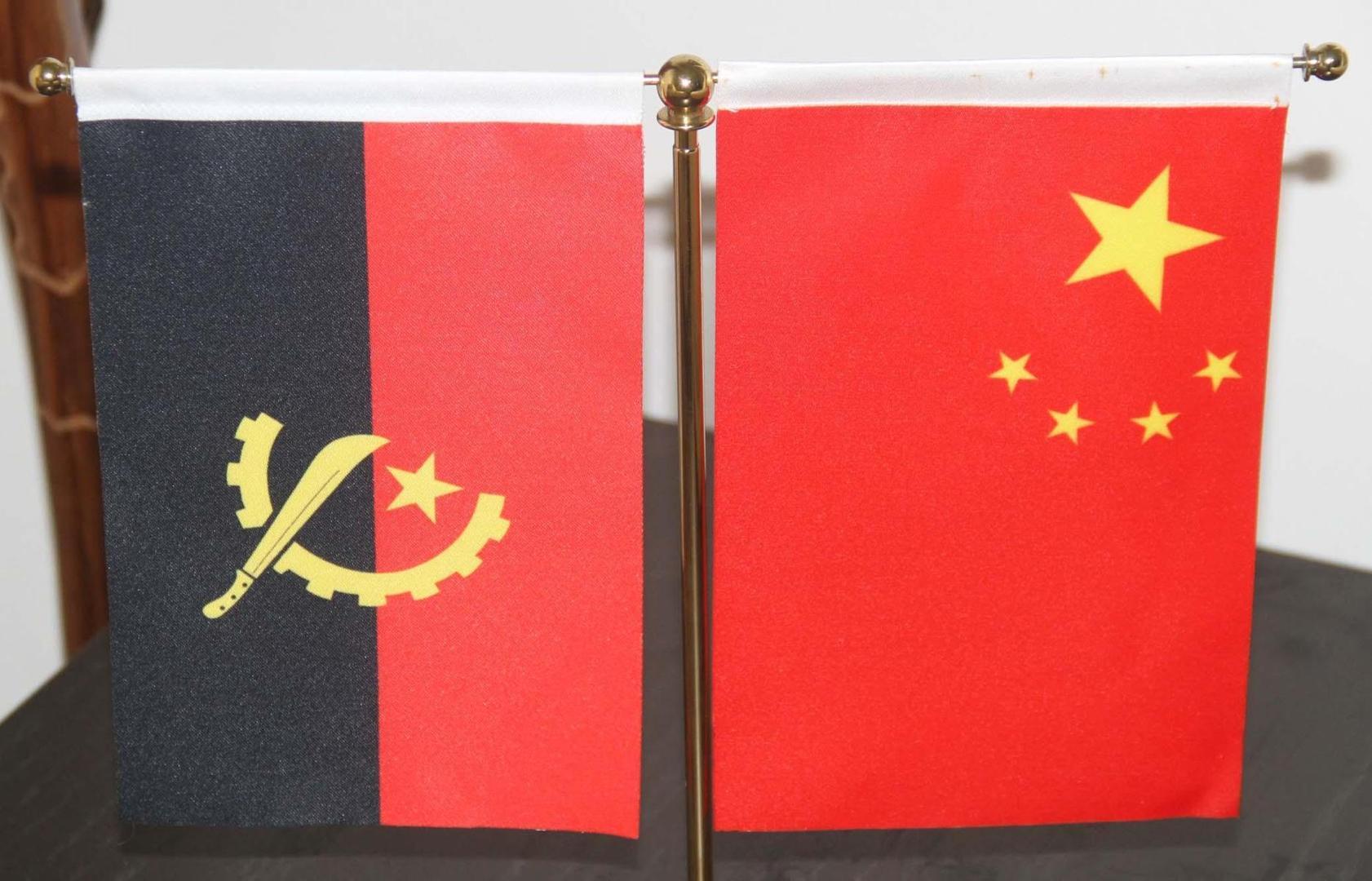Africa-Press – Angola. Given the characteristics of the world today, it’s clear that we are living through an interesting moment in international politics, where seemingly “technical” acts, such as tariff reductions or the lifting of sanctions, carry much deeper meanings than what appears on the surface.
I think the recent meeting between the US president and the Chinese president is one of those moments: it’s not just about trade, but something resembling a modern “détente.”
During the Cold War, the term détente, from the French “détente,” was used to describe the phase of relative moderation in tensions between the United States and the Soviet Union, especially between 1969 and 1979. After years of indirect confrontations, nuclear crises, and ideological disputes, the two superpowers understood that continuous escalation did not serve their vital interests. Thus, initiatives such as the SALT I Agreement (1972), the Helsinki Accords (1975), and the Sino-American rapprochement initiated by Nixon and Kissinger in 1972 were born.Détente did not signify friendship, but strategic calculation. As Raymond Aron wrote, “peace between great powers is often merely the rational management of hostility.” Thus, it is clear that the détente of the Cold War was precisely that: an instrumental truce, where both sides sought to stabilize the international system and avoid nuclear catastrophe, without renouncing their structural rivalries.
Therefore, by suspending reciprocal tariffs and strengthening economic cooperation, the two powers demonstrate that they are rationally choosing to breathe before the next offensive.
TRUMP AND XI: THE DIPLOMACY OF THE TRUCE
Five decades later, the world is witnessing another type of Cold War, but not an ideological one, but an economic and technological one between the United States and China. Since 2018, the Sino-American rivalry has been marked by tariffs, sanctions, disputes over semiconductors, and rivalries surrounding digital supremacy. However, the meeting between Donald Trump and Xi Jinping in Busan on October 30, 2025, represents a rare moment of decompression.
The two leaders agreed to reduce mutual tariffs, suspend port fees, cooperate in the fight against fentanyl trafficking, and reopen channels of economic dialogue. Beijing, in turn, promised to intensify the export of rare earth elements and resume imports of American agricultural products. In short, a temporary trade ceasefire.
I believe this gesture is a clear sign of strategic diplomacy, in which both sides realize that permanent escalation generates more costs than benefits. Trump, with his tangible economic needs for an electoral agenda, and Xi, pressured by a domestic slowdown, chose to manage tensions instead of fueling them.
THE NEW LOGIC OF POWER
The Sino-American rivalry seen today, like the bipolarity between the US and the USSR, is structural to the world order. However, there are substantial differences. In the classic Cold War, the dispute was ideological, capitalism versus communism. Today, it is a technological and economic dispute.
The recent agreement does not dissolve this rivalry, but merely manages it. As in the 20th century, we are witnessing a diplomatic realism where occasional cooperation serves to guarantee stability and preserve an international image of responsibility.From a geopolitical standpoint, this truce creates a necessary pause. It allows China to recover economically and the United States to consolidate its alliances in the Indo-Pacific. It is, therefore, a “tactical détente,” not a lasting reconciliation. Just as SALT I in 1972 did not prevent the Soviet invasion of Afghanistan in 1979, this 2025 truce will not prevent future frictions in Taiwan, in the Pacific maritime routes, or in the technological race.
Beyond pragmatism, there is also a symbolic dimension. The simple fact that two leaders representing distinct political systems sit at the table conveys a message of stability to the world. The Busan meeting thus functions as a mirror of 21st-century diplomacy: a diplomacy where dialogue serves to contain crises, not necessarily to resolve them.
The détente between the US and China is, in this sense, an intelligent management of the conflict—a pause between two powers that know neither can eliminate the other without destroying itself. As Henry Kissinger observed, “true diplomacy is the art of limiting war that has not yet begun.”Therefore, it is believed that, fundamentally, we live in a time when power is once again measured by the capacity to negotiate, and not just by the force of imposition. And that these lessons from the past are being repeated: the superpowers continue to rival each other, but between war and diplomacy, there is always room for calculation and hope.
CHINA AS A CONSERVATIVE OF INTERNATIONAL LAW: PRAISE FOR DIPLOMACY
It is important to mention that, amidst this scenario, Chinese diplomacy deserves our praise for positioning itself as a guardian of the principles of international law, peace, security, and the stability of the world order. In my view, China has not acted as an aggressive power; rather, it seeks to maintain a responsible actor’s stance.
For example, Xi Jinping stated that “the logic that a strong country seeks hegemony no longer applies, and the deliberate use of force leads nowhere.”
Furthermore, he proclaimed that “we should not maintain our security at the expense of the security of other countries” and that “all countries are like passengers on the same ship sharing the same destination.”Thus, I believe that Chinese diplomacy reveals itself as a pillar of moderation and international pragmatism, advocating peaceful coexistence, win-win cooperation, and respect for the multilateral system centered on the United Nations. This makes China an actor that helps preserve world order, rather than disrupt it.
angola24
For More News And Analysis About Angola Follow Africa-Press






